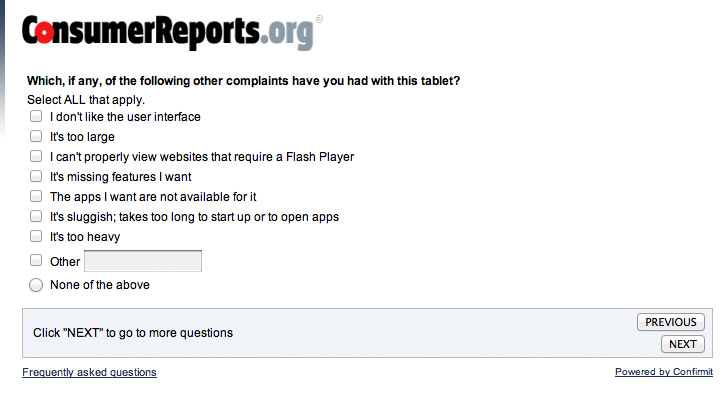If a big brother is aiming for the highest electoral office in the land, a little brother may often like to be useful. A Robert Kennedy can be a help, a Roger Clinton a headache. Billy Carter brings beer, but Jeb Bush brings Florida. Two thousand years ago, Quintus Tullius Cicero gave his elder brother, Marcus, an unusually frank guide to winning votes—and, on the principle that democracy’s brutal essentials have changed little over the centuries, Princeton University Press has now brought out “How to Win an Election,” a new Latin-and-English edition of Quintus’s guide for the season of Mitt Romney and Rick Santorum.
In 64 B.C., the Cicero brothers were both political outsiders. Marcus would eventually become one of the most celebrated Romans of them all. But just as no Catholic had become president before John Kennedy, the Ciceros’ campaign had to surmount the obstacle that no one from their family had yet served as consul, one of the two men who, for a year, directed Rome’s superpower republic.
Daily Archives: March 9, 2012
Forget Your Past
Over the years I’ve visited my fair share of abandoned buildings. They’ve always held a very strong attraction for me. Somehow, their silent decaying facades offer the perfect blank canvas for an introverted imagination like mine… literally allowing me to conjure up vivid images of the past in my present. Unfortunately, I fear that this may be the best opportunity I have to experience the reality of time travel in my life time, something that I’ve fantasised about incessantly since I was a small child.
It has to be said, that when I was younger there were a hell of a lot more interesting derelict buildings around. These days, in my country at least, it’s very unfashionable to let a significant building die gracefully. Aside from the money-making implications, we tend to feel that we are somehow disrespecting our heritage by allowing them to decay, and so, often we attempt to stop the march of time by tidying them up and imprisoning them behind a red rope, preserving them in a most awkward state of disrepair for future generations to line up and look at from a viewing platform. The ironic thing is that abandoned buildings feel alive to me. They are involved in a beautiful natural process that the act of preservation will, by its nature, halt and kill.
Consumer Reports “Tablet” Survey Screenshots
I received an email from consumerreports.org this morning regarding tablets, mattresses and teflon cookware. Perhaps someone might expand on the various connections within and between those subjects.
In any event, I found the survey content interesting (particularly the obligatory flash question, which in my view is irrelevant). Here are a few screenshots (tap to view larger versions):



In my experience, iPad is years ahead of its few competitors, largely due to software and design excellence along with a world beating supply chain.
Follow the tablet and smartphone wars via these smart guides: Horace Dediu (Helsinki), Brian Hall (next door in Middleton) and Frederic Filloux & Jean-Louis Gassee (Palo Alto and Paris).
P.S. I found it interesting, yet unsurprising, that no questions were asked regarding the creation of things or information. I, in fact, use my iPad to create and update presentations, charts, write and occasionally edit images/video. In a pinch, I’ve also taken a photo or two and captured video with the iPad.